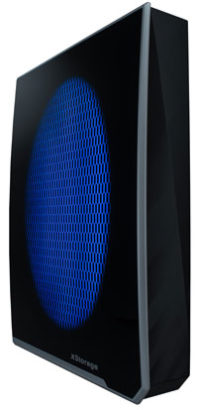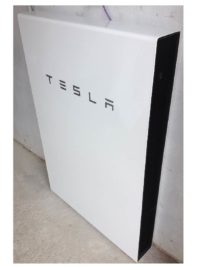Eaton xStorage vs Tesla Powerwall 2 review
We have been asked to compare the Tesla Powerwall with the Eaton xStorage which uses Nissan batteries, so have published this short analysis. The conclusion is very apparent, with Tesla Powerwall 2 being recommended for a range of reasons – read on to find out why.
Cost per kWh
xStorage
Estimated installed cost of £5k including 5% VAT. This is for 4.2kWh x 0.9 depth of discharge =3.78kW of usable capacity. Cost per kWh is £1,190.

Tesla Powerwall 2
Installed cost of £5,883 including 5% VAT. This is for 13.5kWh of usable capacity. Cost per kWh is £436.

The Eaton xStorage which uses Nissan batteries is 2.72 more expensive than the Tesla Powerwall 2.
Expected life
xStorage
Tesla Powerwall 2
Taking into account useful life, this makes the Eaton xStorage 5.4 times more expensive than the Tesla Powerwall 2.
Other factors to consider
The Tesla offers full backup whereas most other battery systems offer critical load backup only. The output of Tesla is up to 5kW compared to the xStorage of 2.52kW. The Tesla is 2 times more powerful.
The most important thing about a li-on battery is the temperature of the battery – this impacts the life and usability of the battery. The Tesla Powerwall 2 uses liquid and fan cooling to keep the correct temperature compared to the xStorage which uses natural convection only. This is also reflected in the operation temperature range – Tesla Powerwall 2 is -20 to 50 compared to Eaton/Nissan xStorage is 0 to 30.
